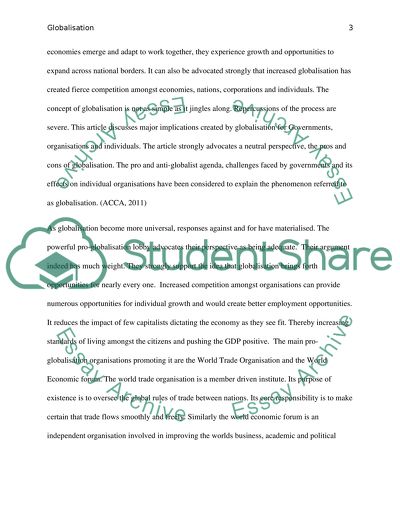Cite this document
(“Globalisation Essay Example | Topics and Well Written Essays - 2750 words”, n.d.)
Retrieved from https://studentshare.org/education/1396133-globalisation
Retrieved from https://studentshare.org/education/1396133-globalisation
(Globalisation Essay Example | Topics and Well Written Essays - 2750 Words)
https://studentshare.org/education/1396133-globalisation.
https://studentshare.org/education/1396133-globalisation.
“Globalisation Essay Example | Topics and Well Written Essays - 2750 Words”, n.d. https://studentshare.org/education/1396133-globalisation.


